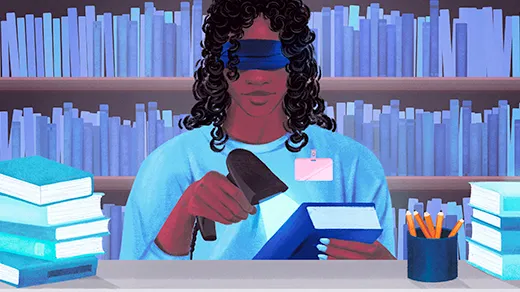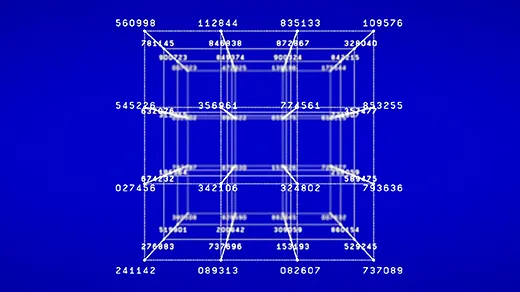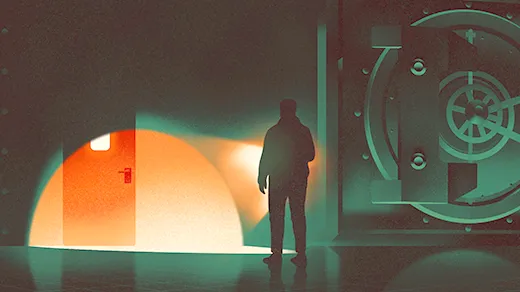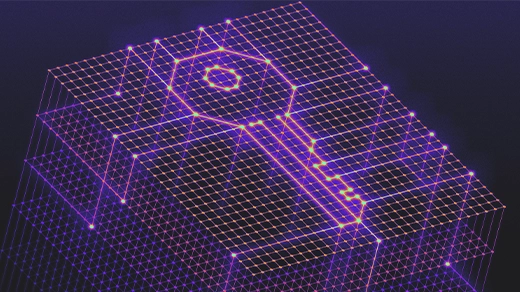What's up in
Computer security
Latest Articles
Computer Scientists Figure Out How To Prove Lies
An attack on a fundamental proof technique reveals a glaring security issue for blockchains and other digital encryption schemes.
How Public Key Cryptography Really Works, Using Only Simple Math
The security system that underlies the internet makes use of a curious fact: You can broadcast part of your encryption to make your information much more secure.
Celebrated Cryptography Algorithm Gets an Upgrade
Two researchers have improved a well-known technique for lattice basis reduction, opening up new avenues for practical experiments in cryptography and mathematics.
Cryptographers Solve Decades-Old Privacy Problem
Three researchers have found a long-sought way to pull information from large databases secretly, moving us closer to fully private internet searches.
Thirty Years Later, a Speed Boost for Quantum Factoring
Shor’s algorithm will enable future quantum computers to factor large numbers quickly, undermining many online security protocols. Now a researcher has shown how to do it even faster.
The Cryptographer Who Ensures We Can Trust Our Computers
Yael Tauman Kalai’s breakthroughs secure our digital world, from cloud computing to our quantum future.
In Neural Networks, Unbreakable Locks Can Hide Invisible Doors
Cryptographers have shown how perfect security can undermine machine learning models.
Cryptography’s Future Will Be Quantum-Safe. Here’s How It Will Work.
Lattice cryptography promises to protect secrets from the attacks of far-future quantum computers.
‘Post-Quantum’ Cryptography Scheme Is Cracked on a Laptop
Two researchers have broken an encryption protocol that many saw as a promising defense against the power of quantum computing.








